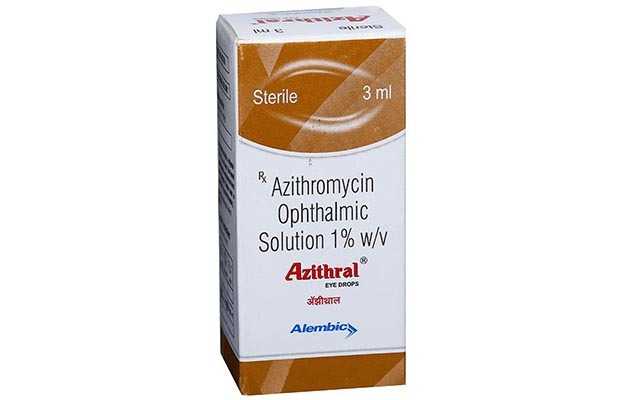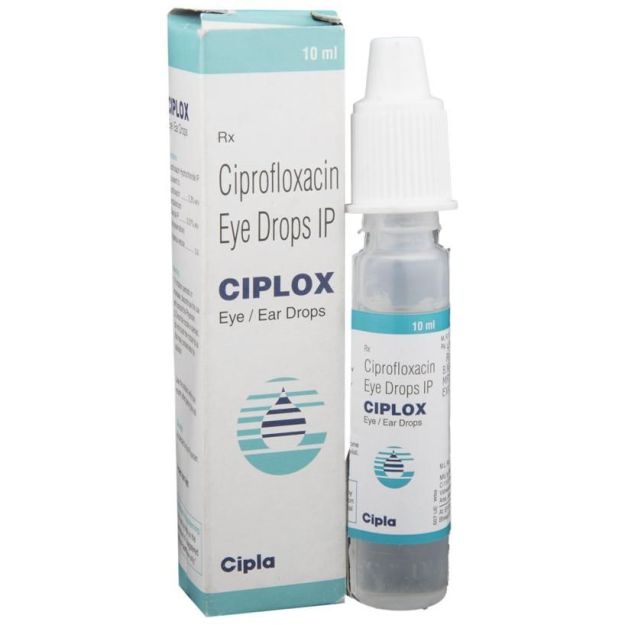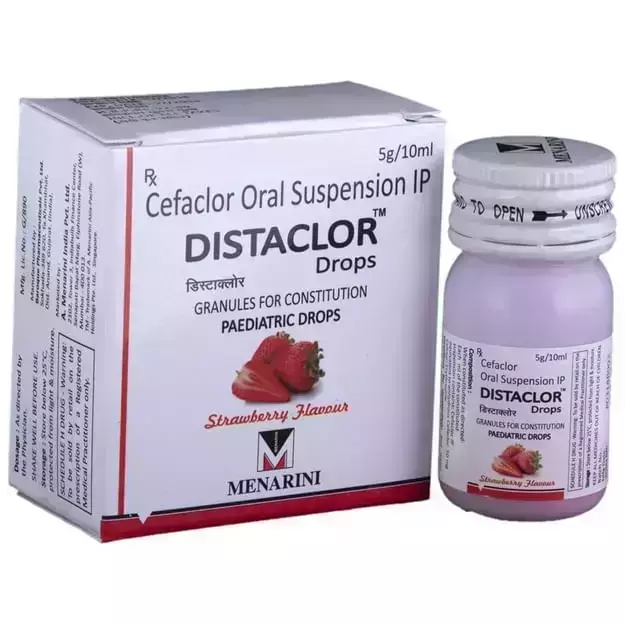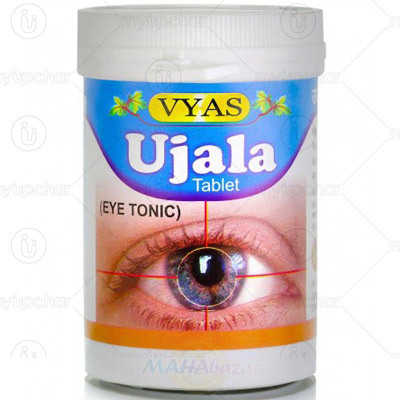Optichlor Eye Drop is a prescription medicine that is available as a Drops. Bacterial Infections are some of its major therapeutic uses. The alternative uses of Optichlor Eye Drop have also been explained below.
The correct dosage of Optichlor Eye Drop depends on the patient's age, gender, and medical history. Individual symptoms and route of administration also determines the right dosage. Detailed information has been provided in the dosage section.
While these are the most often observed Optichlor Eye Drop side effects, there are can be others also. These have been listed below. Normally, these side effects of Optichlor Eye Drop are not long lasting and go away when the treatment is finished. Consult your doctor if these side effects become worse or stay for a longer duration.
It is also important to note that Optichlor Eye Drop has a Severe effect for pregnant women and Severe effect on lactating mothers. Warnings related to Optichlor Eye Drop's effects on the liver, heart and kidney, if any, have been listed below.
Optichlor Eye Drop is contraindicated in people with pre-existing medical conditions like Kidney Disease, Liver Disease as it can result in adverse effects. Other conditions have been mentioned below in the Optichlor Eye Drop contraindications section.
Additionally, Optichlor Eye Drop may also adversely react with other medicines. See below for a complete list.
In addition to the above precautions for Optichlor Eye Drop, it is important to know that it is safe while driving, and is habit-forming.
X




















